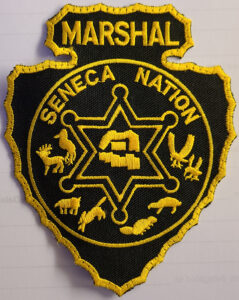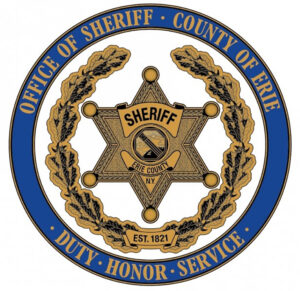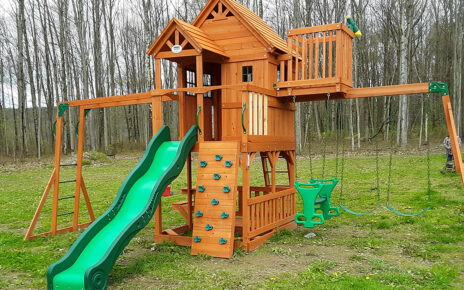June is Elder Abuse Awareness Month
Elders are an important part of our community. They are our first teachers. Their knowledge, language and experiences are passed down from generation through stories or by example. They share their pain, triumphs and vision for the future. As community members, we must respect, honor and protect our elders from abuse and mistreatment.
Elder abuse is any knowing, intentional or negligent act by a caregiver or any other person that causes harm or a serious risk of harm to an elder. Sadly, the neglect and mistreatment of elders happens most by famliy members. Most cases of elder abuse are undetected, under-reported and unresolved.

Reasons elders hesitate to self-report abuse:
• Fear of retaliation
• Fear that no one else is going to take care of them
• Shame of being abused
• Self-blame
Types of abuse:
• Physical Abuse – The use of physical force that results in bodily injury or physical pain. Warning signs: Pain that is different. Unexplained signs of injury. Sudden change in function or mobility.
• Emotional/Psychological Abuse – Treatment of an elder in ways that cause emotional or psychological pain or distress, including intimidation through yelling or threats, humiliation and ridicule or isolating an elder from friends or activities. Warning signs: Frequent arguments or tension between the caregiver and elder. Changes in personality or behavior. Threatening, belittling or controlling caregiver behavior.
• Sexual Abuse – Sexual contact that is forced, tricked, threatened or coerced upon an elder, including those who are unable to grant consent. Warning signs: Bruises around the breasts or genital areas and unexplained sexually transmitted diseases.
• Financial abuse or exploitation – Theft, fraud, misuse or neglect of authority to gain control over an elder’s assets. Warning signs: Sudden change in finances and accounts, altered wills and trusts, bills not paid or utilities turned off, unusual bank withdrawals, checks written as loans or gifts and loss of property.
• Neglect – Leaving an elder alone and/or denying basic physical, emotional or social needs like food, hygiene, medicine and companionship. Refusal or failure to fulfill any part of a person’s obligations or duties to an elder. Warning signs: Unkempt clothes or hygiene, unusual weight loss, malnutrition, dehydration, untreated physical problems such as bed sores.
Report Elder Abuse
• In cases of immediate danger, call 911.
• If you or others experience abuse or neglect at home:
Call New York State Adult Protective Services at 1-844-697-3505.
Erie County (716) 858-6877
Chautauqua County (716) 753-4447
Cattaraugus County (716) 373-8070
Allegany (585) 268-9622
• If you or others experience abuse or neglect in a long-term care facility (e.g. nursing home, assisted living facility):
Call New York State Long-term Care Ombudsman Program, 1-855-582-6769.
Seneca Nation Resources
If you or someone you know is experiencing elder abuse, you can also contact any of the Seneca Nation departments and resources listed below. They can provide information, assistance, direct support, and act as a liaison with outside agencies.
• Seneca Nation Crime Victim Services – Sharon Francis, Program Coordinator (716) 532-4900 ext. 5060
• Erie County Sheriff’s Office – Brian Mohr, Domestic Violence Unit Coordinator (716) 858-7999
• Care Coordination Unit (former HOPE unit), Behavioral Health Unit – Mary Beth Buck, Clinical Care Coordination Supervisor (716) 532-5582 ext. 5075
• NY Connects – Briana Snyder, Seneca Nation AOA Options Counselor (716) 945-8991
• For 24/7 Victim Services, call Connecting Community in Action (716) 532-8185
• Seneca Nation Marshal’s Office, Allegany (716) 945-2779 or Cattaraugus (716) 532-3040








